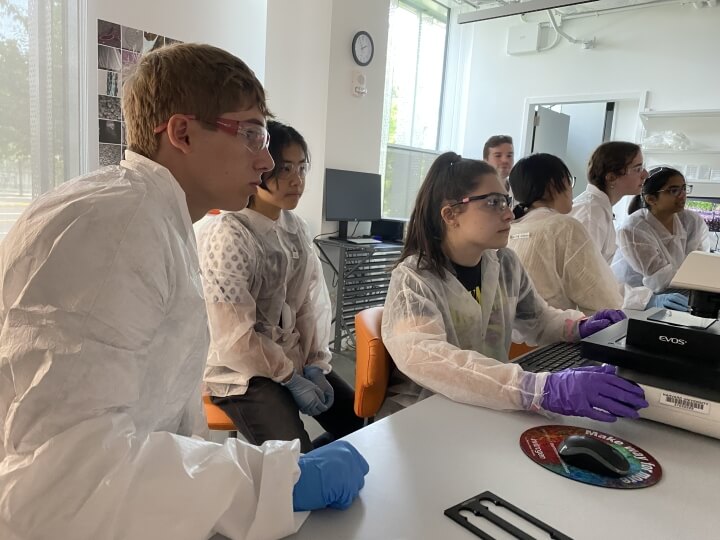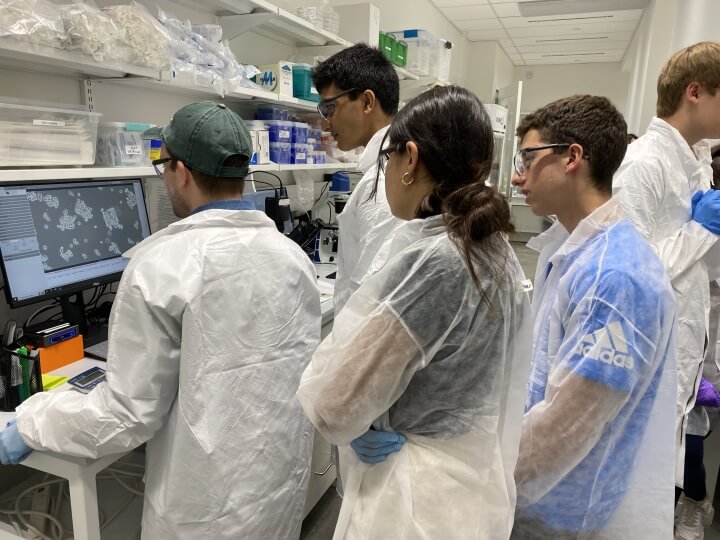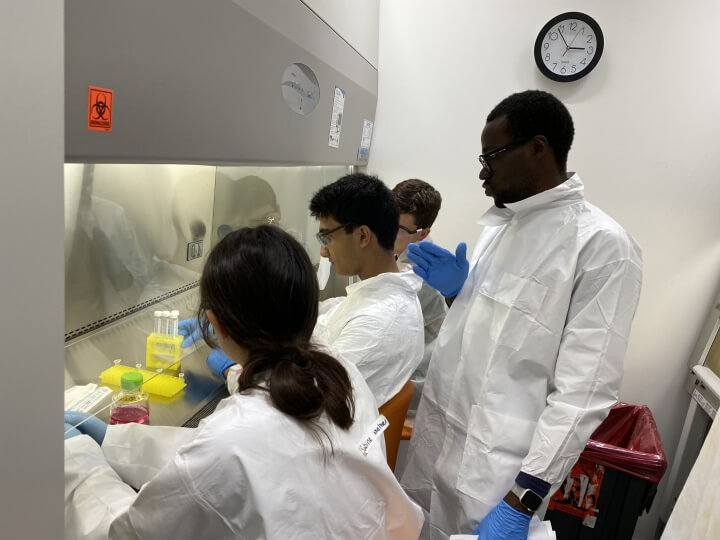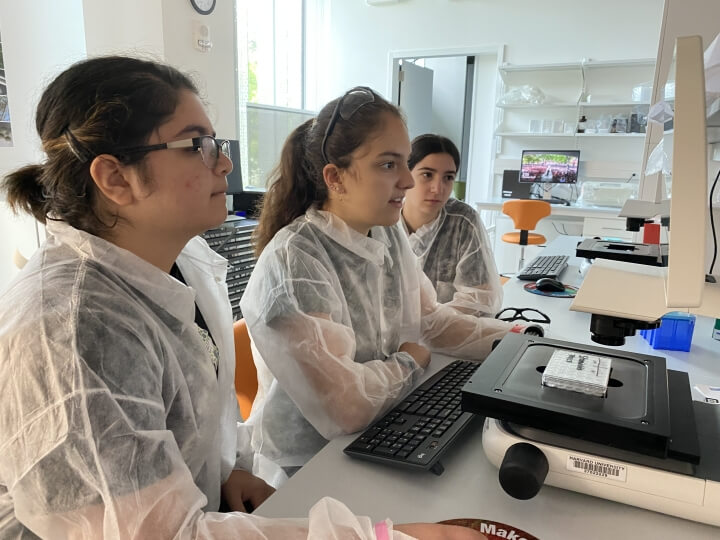BioSTAR: Bioengineering Science, Technology And Research
Dates: July 8 - 12, 2024
Location: Science and Engineering Complex (SEC), 150 Western Ave, Allston MA
Application: The application process is closed. Admission decisions will be emailed to applicants by April 26th.
The BioSTAR summer program is designed to introduce self-motivated high school students to Bioengineering education at Harvard University. Students will learn bioengineering principles and techniques in a state-of-the-art research lab at the engineering campus in Allston. In addition to designing and performing research experiments, students will engage with Harvard researchers to gain an in-depth understanding of how bioengineering has an impact on human health.
Program Overview
BioSTAR is a free community outreach program and will run Monday - Friday from 9:30AM - 4PM. Students must be at least 16 years old to participate. Housing and transportation to and from the SEC are not provided by Harvard University. Admission is highly competitive, and applicants are evaluated based on their enthusiasm for learning (versus prior experience). We encourage local high school students who are interested in life sciences to apply.
Topics covered in the program include:
- 3D culturing of mammalian cancer cells
- Drug delivery techniques
- Drug nanoparticle synthesis
- Cell staining and visualization using fluorescence microscopy
- Cell viability assay
- Data collection and analysis



